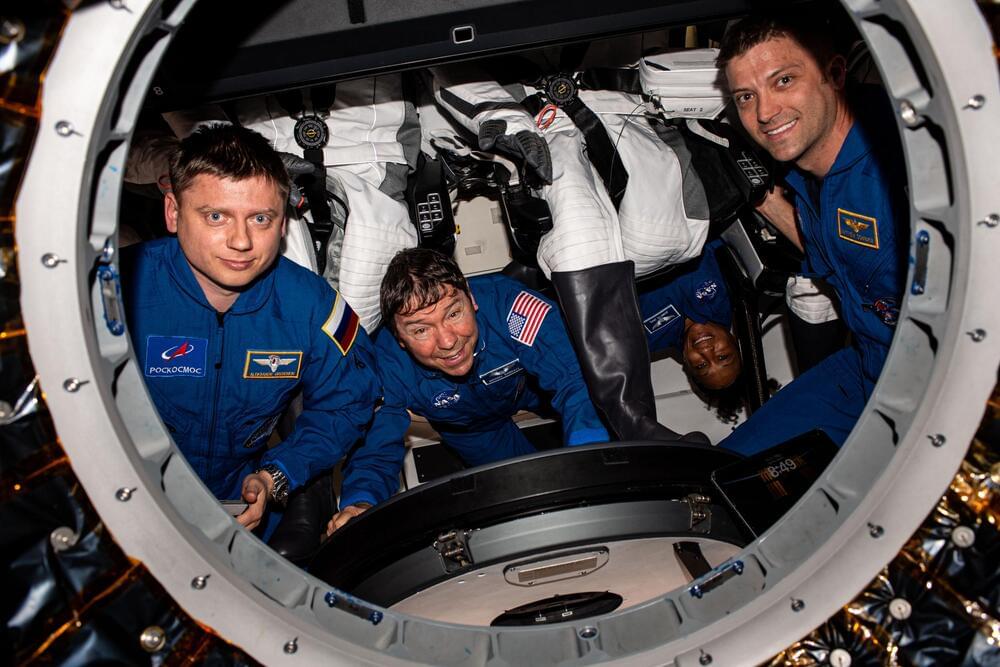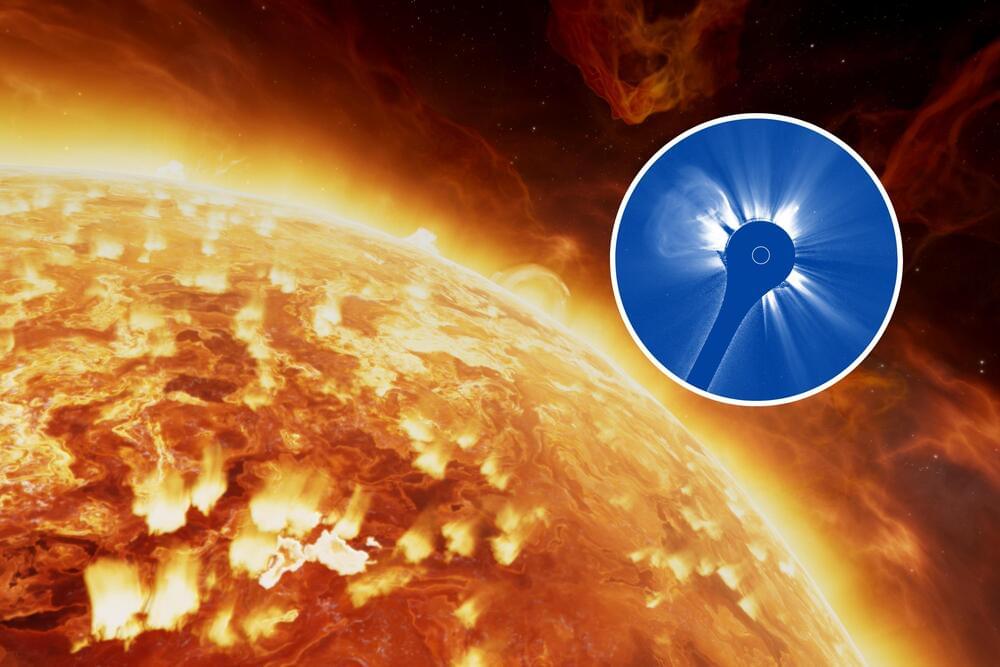Soon humanity may reach out to the galaxy and spread ourselves to every world in it, but in the billions and billions of years to come on those billions and billions of worlds, humanity shall surely diverge down many roads and posthuman pathways.
Watch my exclusive video Caretaker AI \& Genus Loci: https://nebula.tv/videos/isaacarthur–… Get Nebula using my link for 40% off an annual subscription: https://go.nebula.tv/isaacarthur.
Get a Lifetime Membership to Nebula for only $300: https://go.nebula.tv/lifetime?ref=isa… Use the link gift.nebula.tv/isaacarthur to give a year of Nebula to a friend for just $30.
Visit our Website: http://www.isaacarthur.net.
Join Nebula: https://go.nebula.tv/isaacarthur.
Support us on Patreon: / isaacarthur.
Support us on Subscribestar: https://www.subscribestar.com/isaac-a…
Facebook Group: / 1583992725237264
Reddit: / isaacarthur.
Twitter: / isaac_a_arthur on Twitter and RT our future content.
SFIA Discord Server: / discord.
Credits:
Posthuman Pathways.
Episode 470; October 24, 2024
Editor: Tim Lusko.
Produced, Narrated \& Written: Isaac Arthur.
Graphics:
Jeremy Jozwik.
Ken York YD Visual.
Udo Schroeter.
Select imagery/video supplied by Getty Images.
Music Courtesy of Epidemic Sound http://epidemicsound.com/creator







